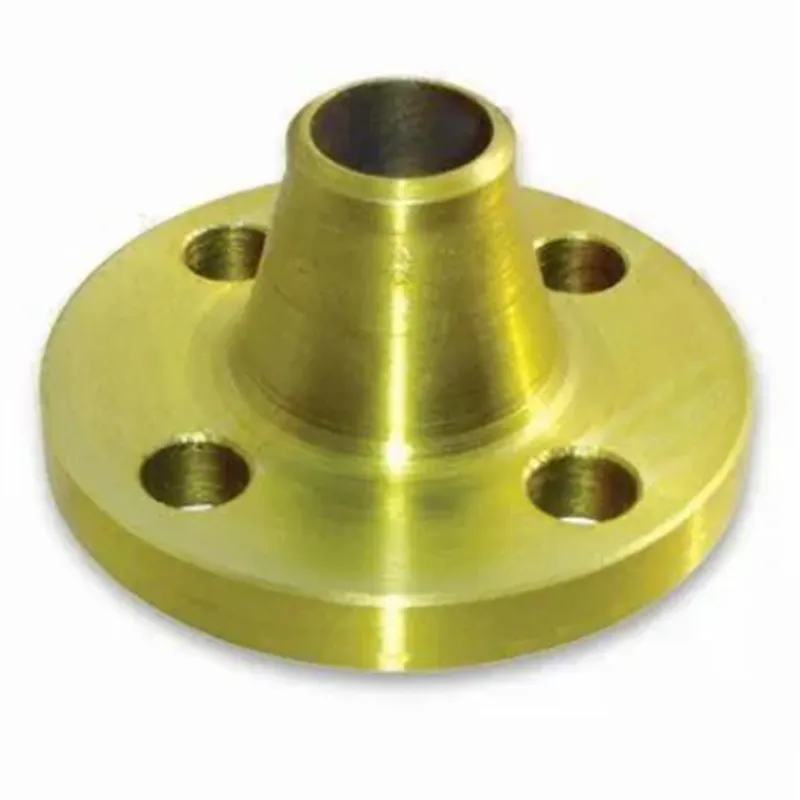-
Cangzhou Yulong Steel Co., Ltd.
-
Phone:
+86 13303177267 -
Email:
admin@ylsteelfittings.com
- English
- Arabic
- Italian
- Spanish
- Portuguese
- German
- kazakh
- Persian
- Greek
- French
- Russian
- Polish
- Thai
- Indonesian
- Vietnamese
- Zulu
- Korean
- Uzbek
- Hindi
- Serbian
- Malay
- Ukrainian
- Gujarati
- Haitian Creole
- hausa
- hawaiian
- Hebrew
- Miao
- Hungarian
- Icelandic
- igbo
- irish
- Japanese
- Javanese
- Kannada
- Khmer
- Rwandese
- Afrikaans
- Albanian
- Amharic
- Armenian
- Azerbaijani
- Basque
- Belarusian
- Bengali
- Bosnian
- Bulgarian
- Catalan
- Cebuano
- China
- China (Taiwan)
- Corsican
- Croatian
- Czech
- Danish
- Esperanto
- Estonian
- Finnish
- Frisian
- Galician
- Georgian
- Kurdish
- Kyrgyz
- Lao
- Latin
- Latvian
- Lithuanian
- Luxembourgish
- Macedonian
- Malgashi
- Malayalam
- Maltese
- Maori
- Marathi
- Mongolian
- Myanmar
- Nepali
- Norwegian
- Norwegian
- Occitan
- Pashto
- Dutch
- Punjabi
- Romanian
- Samoan
- Scottish Gaelic
- Sesotho
- Shona
- Sindhi
- Sinhala
- Slovak
- Slovenian
- Somali
- Sundanese
- Swahili
- Swedish
- Tagalog
- Tajik
- Tamil
- Tatar
- Telugu
- Turkish
- Turkmen
- Urdu
- Uighur
- Welsh
- Bantu
- Yiddish
- Yoruba

Nov . 08, 2024 12:13 Back to list
API X52 Standard Overview and Key Specifications for Pipelines and Materials
Understanding the API X52 Specification in Pipeline Steel
The API X52 specification is a crucial standard in the fabrication and production of steel pipes, particularly used in the oil and gas industry. Established by the American Petroleum Institute (API), this specification outlines the required mechanical properties, chemical composition, and manufacturing processes for steel used in pipelines that transport oil, natural gas, and other fluids.
Overview of API Specifications
API specifications are developed to ensure the integrity and safety of materials used in oil and gas operations. Each specification, including X52, serves a specific purpose and is designed to meet the rigorous demands of a volatile and challenging environment. The X52 specification is part of a series of grades specified by API, each indicating the minimum yield strength of the steel. Grade X52, for instance, denotes a minimum yield strength of 52,000 psi.
Mechanical Properties and Chemical Composition
The mechanical properties of X52 steel pipe are critical when considering its application in high-pressure environments. The yield strength of 52,000 psi is essential for maintaining structural integrity under pressure. Apart from yield strength, other crucial mechanical properties include tensile strength, elongation, and impact resistance. The tensile strength of X52 steel typically ranges from 65,000 to 78,000 psi, with an elongation percentage of around 21% for a two-inch diameter specimen.
In terms of chemical composition, API X52 pipes require specific levels of carbon, manganese, phosphorus, sulfur, and silicon. For instance, the maximum carbon content should not exceed 0.25%, while manganese should be maintained between 0.8% to 1.2%. The control of these elements is vital for enhancing the overall quality of the steel, ensuring it withstands harsh environmental conditions without compromising performance.
Manufacturing Process
api x52 specification

The manufacturing process of X52 steel pipes involves several steps, typically including the creation of the steel billet, hot rolling, and heat treatment, where necessary. The hot rolling process is essential for achieving the desired mechanical properties and dimensions. Moreover, API X52 pipes are often produced using both seamless and welded methods. Seamless pipes are generally preferred for high-pressure applications due to their uniformity and lack of weld seams, which could be potential points of failure.
Heat treatment can be applied to further enhance the mechanical properties of the steel. Normalizing, quenching, and tempering are common heat treatment processes that provide additional strength and toughness, making the pipes more resilient in extreme conditions.
Application in the Oil and Gas Industry
API X52 pipes are predominantly used in the oil and gas sector for transporting fluids over long distances. Their ability to withstand high pressure while maintaining durability makes them an excellent choice for pipelines that cover vast terrains, including offshore environments. Other applications include water utilities and power generation where robust materials are essential.
The transportation of fluids through pipelines poses various risks, including leaks and ruptures. Therefore, the use of API X52 pipes, which adhere to rigorous testing standards and quality checks, plays a significant role in mitigating these risks. Each pipe undergoes a series of tests, including non-destructive testing, to defend against potential failures during operation.
Conclusion
The API X52 specification represents a vital aspect of modern engineering standards, ensuring that materials used in pipeline construction meet high levels of safety and performance. As the demand for efficient transportation of oil, gas, and other fluids continues to grow, adherence to API specifications like X52 is essential. This standard not only helps in maintaining the mechanical reliability of pipelines but also contributes to the overall safety of operations in the energy sector. As technology advances, continuing to enhance and adhere to these specifications will be crucial for the sustainability and safety of pipeline transport systems worldwide.
In summary, the API X52 specification plays a pivotal role in supporting the infrastructure of the oil and gas industry, ensuring reliable and safe transportation of critical resources across vast distances.
Latest news
-
ANSI 150P SS304 SO FLANGE
NewsFeb.14,2025
-
ASTM A333GR6 STEEL PIPE
NewsJan.20,2025
-
ANSI B16.5 WELDING NECK FLANGE
NewsJan.15,2026
-
ANSI B16.5 SLIP-ON FLANGE
NewsApr.19,2024
-
SABS 1123 FLANGE
NewsJan.15,2025
-
DIN86044 PLATE FLANGE
NewsApr.19,2024
-
DIN2527 BLIND FLANGE
NewsApr.12,2024
-
JIS B2311 Butt-Welding Fittings LR/SR 45°/90° /180°Seamless/Weld
NewsApr.23,2024











